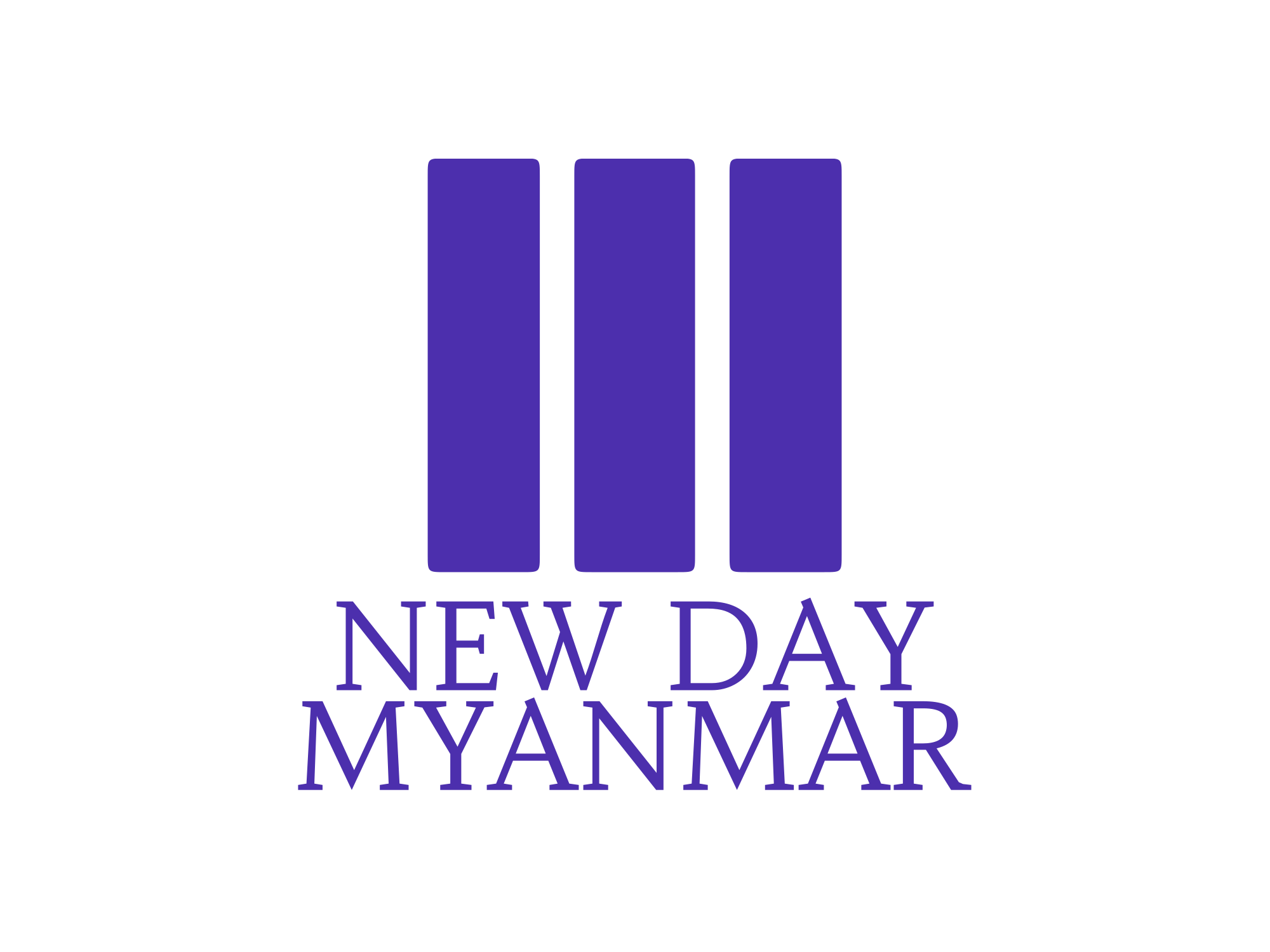July 8, 2024
The military junta, through Labor Minister Myint Naung, announced on July 6 that it will prohibit the use of tourist passports (PV) for employment abroad. The announcement was made during a meeting between Minister Myint Naung and the Myanmar Overseas Employment Agencies Federation (MOEAF) at the Melia Hotel in Yangon.
Under the junta’s new regulations, individuals working abroad on a Professional Job (PJ) passport must remit up to 25% of their income back to Myanmar in order to renew their passports. Following the announcement of the military conscription law on February 10, many middle-class citizens have been leaving the country on tourist visas and finding jobs abroad, while some are also seeking residency in neighboring countries. These individuals often use their tourist passports to obtain work visas.
“Regardless of the type of passport used, exiting the country is essential, but renewing it will be challenging. Once abroad, Myanmar citizens will lose their status and become overstayers,” said an employment agency representative in Dubai to New Day Myanmar.
A woman working in a restaurant in Malaysia on a tourist passport said, “While they are discouraging the use of PV, switching to PJ is not easy either. With PJ, you have to remit 25% of your salary through their channels, and their exchange rates are not favorable. They are unaware of the living conditions here, and if we get detained, they won’t assist us. The Myanmar embassy never answers calls.”
Minister Myint Naung has pressured employment agencies to ensure that workers remit 25% of their income back to Myanmar. The junta plans to crack down on those working abroad on tourist passports and halt informal money transfers (hundi).
Currently, there are around 500 agencies in Myanmar that send workers abroad to countries like Thailand, Malaysia, Singapore, Japan, South Korea, and the UAE. Since the introduction of the military conscription law, men aged 18 to 30 have been restricted from working abroad. Those who leave must pay a 2% tax and remit 25% of their salary to Myanmar through military-controlled banks, as per agreements with agencies. Some individuals, however, leave on tourist visas and find jobs independently.



